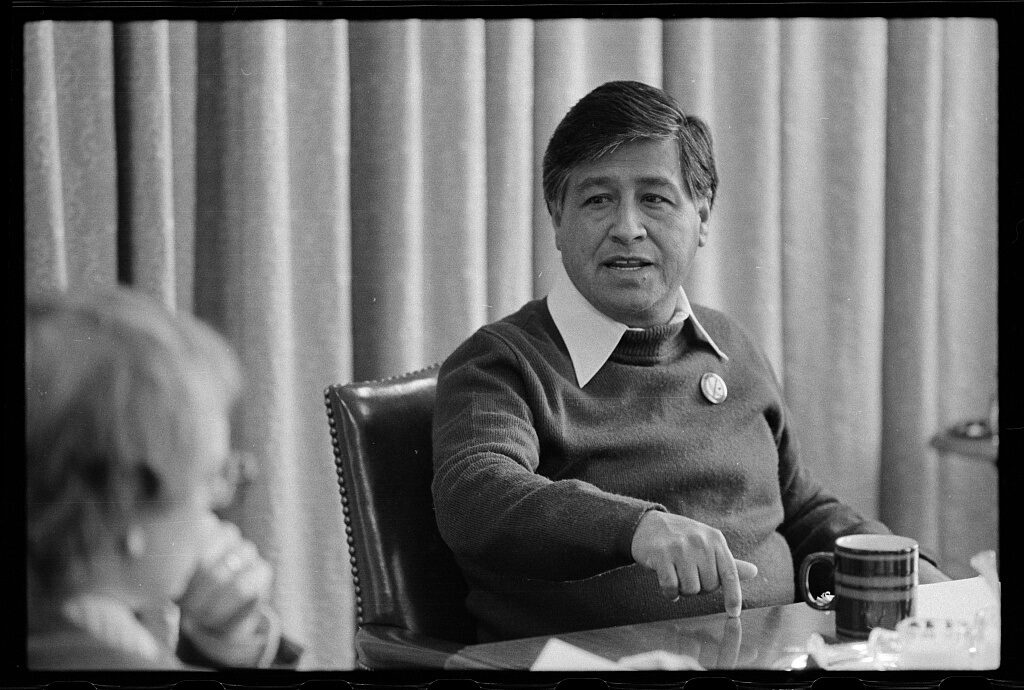César Chávez Day is a US holiday celebrating the birth and legacy of the Mexican American civil rights and labor movement activist. César Chávez was born on March 31,1927. César Chávez led the efforts to improve working conditions for California’s migrant farm workers and formed the United Farm Workers Union. Chávez was committed to nonviolent protest. He conducted several fasts and led a number of strikes and grape boycotts to further the cause of field workers. President Obama first proclaimed César Chávez Day on March 31, 2014.
This lesson gives students the opportunity to familiarize themselves with the characteristics of free verse and to write a free verse poem using written material about the labor activist César Chávez. First, students read about experiences that helped shape the life of Chávez and take descriptive notes about these experiences. Using these notes, each student composes a first draft of a free verse poem in the “voice” of Chávez. With the help of graphic organizers and a rubric, they revise, polish, and share their poems with their classmates.
This post from the Library of Congress shares tips for “Teaching about the Legacy of César Chávez.” Learn more from these “Primary Sources on Farm Workers’ Living and Working Conditions.” Find additional resources in this post.
How can we use the lessons of César Chávez today?
Curious about the NCTE and Library of Congress connection? Through a grant announced by NCTE Executive Director Emily Kirkpatrick, NCTE is engaged in ongoing work with the Library of Congress, and “will connect the ELA community with the Library of Congress to expand the use of primary sources in teaching.” Stay tuned for more throughout the year!
It is the policy of NCTE in all publications, including the Literacy & NCTE blog, to provide a forum for the open discussion of ideas concerning the content and the teaching of English and the language arts. Publicity accorded to any particular point of view does not imply endorsement by the Executive Committee, the Board of Directors, the staff, or the membership at large, except in announcements of policy, where such endorsement is clearly specified.

